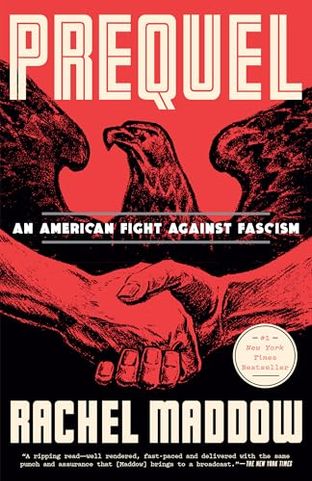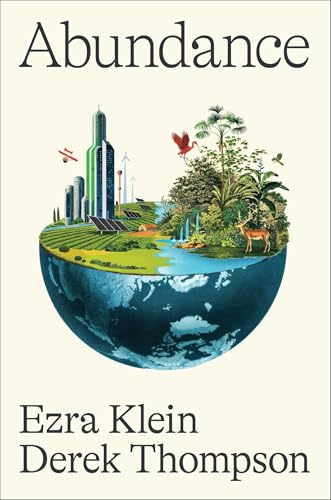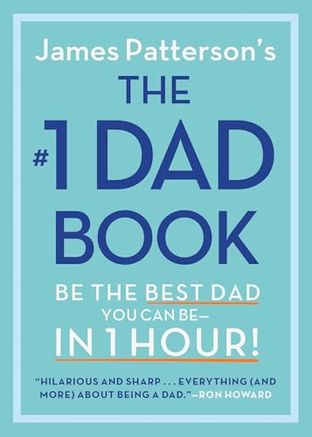Review of Prequel
by Johny McFliggen, PhD Literature & Business, Oxford
Rachel Maddow's "Prequel: An American Fight Against Fascism" is akin to a meticulously crafted jigsaw puzzle, where each piece is a historical episode that, when assembled, reveals a haunting image of America's political landscape during the early 20th century. Maddow, with her characteristic acumen and flair for storytelling, delves into a period that feels eerily parallel to our current socio-political climate. It's as if she handed us a time machine, gently nudging us to look around and realize that history isn't just a distant memory—it's the blueprint under our feet.
The book's core argument is straightforward yet profoundly unsettling: the specter of authoritarianism has long haunted the United States, and recognizing its patterns is crucial to safeguarding democracy today. This isn't mere intellectual exercise; it's a call to arms cloaked in historical narrative. Maddow's exploration of these events is not just a recounting of facts but a vivid tapestry where the threads of past and present are inextricably woven. Imagine George Orwell's "1984" had it been a history lesson instead of a dystopian fiction—Maddow offers us the non-fictional counterpart.
In her analysis, Maddow draws the reader into tales of political intrigue and the machinations of power that sought to overthrow democratic norms. Her prose combines the gripping tension of a thriller with the meticulous detail expected from an Oxford-trained Rhodes Scholar. It's a bit like watching "The West Wing," if Aaron Sorkin had decided to dabble in historical exposé rather than political drama.
Maddow's background as a journalist shines through in her ability to make complex historical events accessible. She narrates with the ease of a seasoned storyteller, one who knows her audience intimately and anticipates their needs. Yet, this approach is not without its detractors. Critics argue that Maddow's known political leanings might color her interpretations, suggesting that some readers may find it more echo chamber than revelation. But if one can navigate these waters with an open mind, the reward is an enriched understanding of how history's echoes resonate in today's political discourse.
Comparatively, "Prequel" stands shoulder to shoulder with works like Timothy Snyder's "On Tyranny" or Levitsky and Ziblatt's "How Democracies Die." These books form an essential trilogy for anyone looking to understand the mechanics of authoritarianism and the perennial fight to uphold democratic ideals. Maddow's contribution is distinct in its focus on the American experience—an exploration of how close we came to losing it all and perhaps how close we still are.
In conclusion, Rachel Maddow's "Prequel" is more than a book; it's an intellectual expedition across time, where past battles against fascism illuminate the path forward. It demands engagement and reflection, urging us to learn from history not just for knowledge's sake, but as a survival guide in an age where democracy once again finds itself under siege.
Purchase Link: Prequel on Amazon



